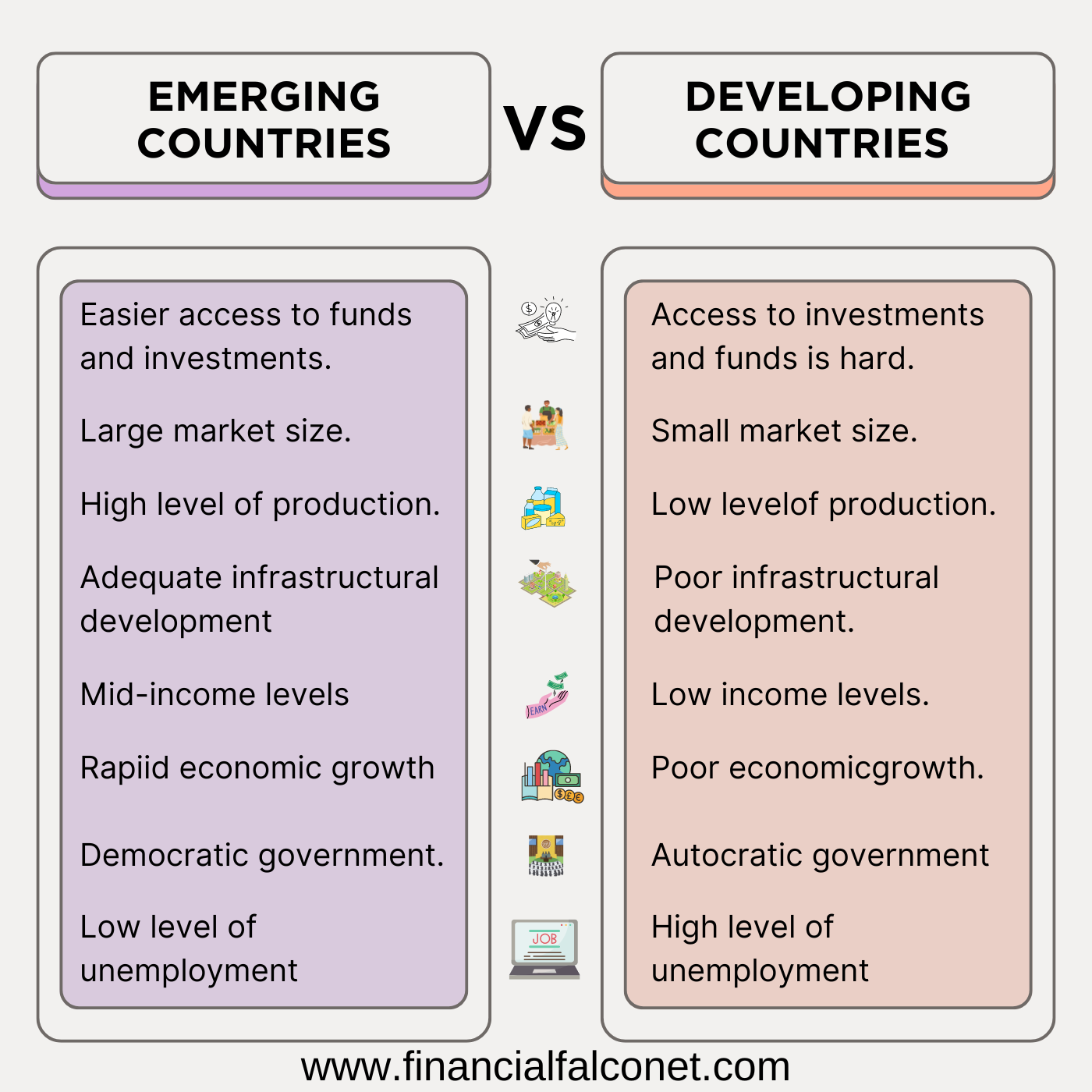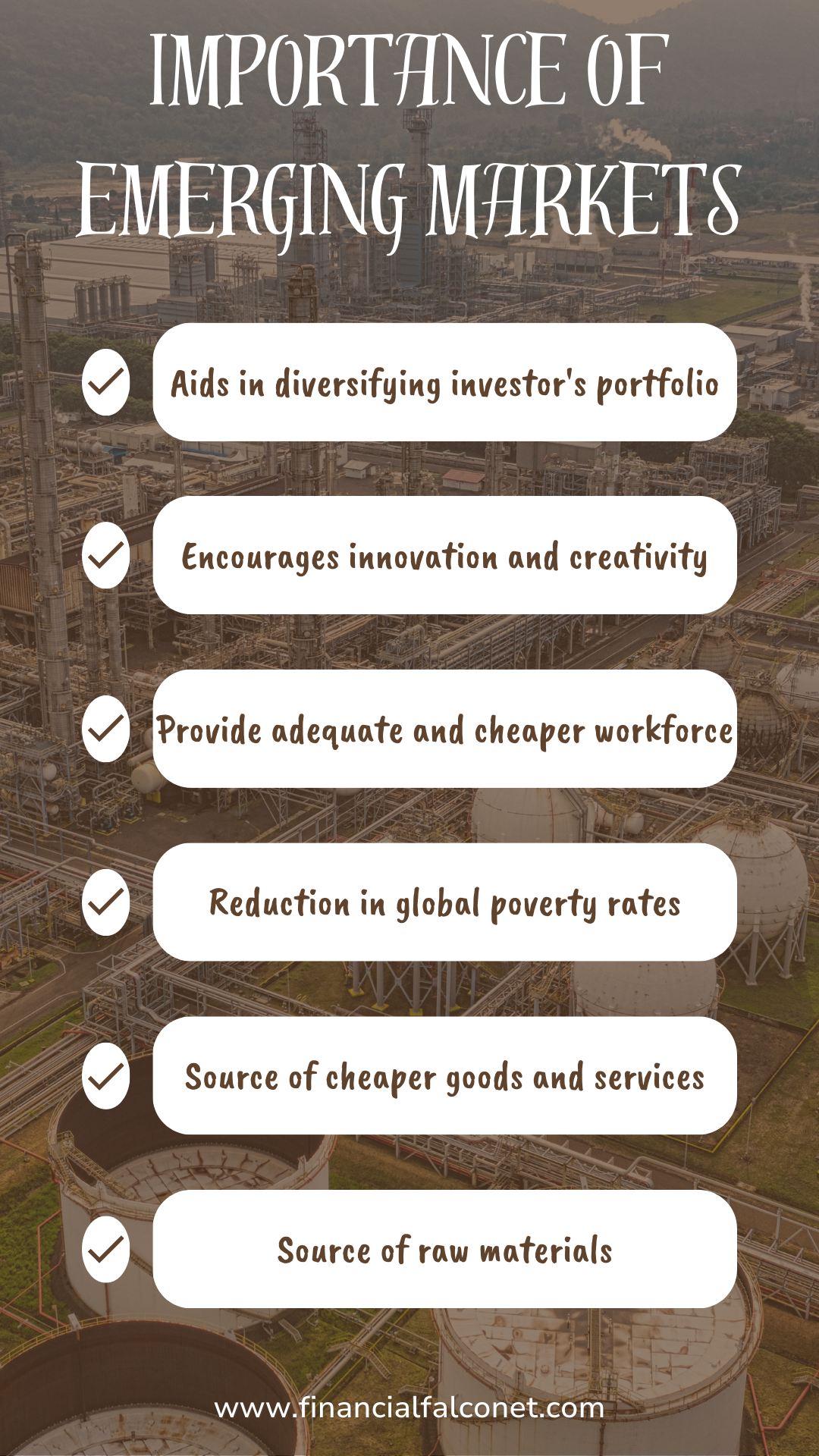Arguments Against Capitalism
Capitalism has been the driving force behind most economies for decades, with its proponents arguing that it is the only way to generate wealth and ensure social justice. However, there are numerous arguments against capitalism, from its tendency to create economic inequality to its role in environmental destruction. We will discuss the arguments against capitalism and how these criticisms can be used to shape more ethical economic systems.
Below is a list showing the arguments against capitalism; I will pick each argument and discuss more on it more.
- Labor exploitation
- Consumerism
- Corporate greed
- Pollution and environmental degradation
- Capitalism leads to Monopolies
- Income inequality
Labor exploitation
Exploitative labor practices top the list of arguments against capitalism; many critics argue that capitalism is the root cause of exploitative labor practices. They claim that the capitalist system inherently benefits those in power, such as in crony capitalism while leaving workers vulnerable to exploitation.

For example, employers can often get away with paying workers low wages, or providing poor working conditions, because there is always someone else who is willing to take the job for even less. This race to the bottom means that workers are constantly undervalued and taken advantage of.
Since capitalism is about profit-making to the capitalists, the workers are paid less than what it would cost to reproduce their labor power, and this difference is pocketed by the employer as profit. This profit comes at the expense of the workers’ well-being and results in them being exploited.
See Also: Factories in the Industrial Revolution
Consumerism
Consumerism is the excessive or uncontrolled buying of goods and services. It is a major driver of capitalism, as businesses need consumers to buy their products in order to make a profit. Businesses look for ways to increase sales and market share through aggressive marketing and advertising which encourages people to buy more than they need.

However, this relentless pursuit of profit comes at a huge cost to both individuals and society. On an individual level, consumerism can lead to debt, financial problems, and mental health issues such as anxiety and depression. It can also lead to physical health problems from stress and the over-consumption of unhealthy products.
On the societal level, capitalism is one of the biggest drivers of climate change due to the high levels of consumption and waste production it encourages; as businesses increase production to meet demand, there will be pollution from factories, agriculture, and transportation; this has much impact on the environment. So overall, capitalism encourages unhealthy habits on both an individual and global level.
See Also: What is a Free Enterprise System
Corporate greed

Another issue with capitalism is that it encourages a culture of greed and individualism; a situation where the common good is not valued but the priority of the capitalist is to make profits even at the expense of society. This can lead to people exploiting others for their own gain, rather than working together for the common good. For instance, CEOs may receive huge bonuses while their employees struggle to make ends meet. Greed and self-interest are built into the capitalist system, which creates an environment where exploitative practices flourish.
Pollution and environmental degradation

One of the most frequently cited arguments against capitalism is environmental degradation. Critics charge that capitalism is the primary cause of climate change, water shortages, and other environmental problems. They argue that the profit motive of the capitalist system leads businesses to prioritize short-term gain over long-term sustainability, leading to practices that are damaging to the environment.
See Also: The Industrial Revolution and its Consequences
Capitalism leads to Monopolies
A monopoly is a single firm that is owning all or nearly all of the market share for a given product or service. It has two key characteristics: high barriers to entry and price-setting power. Critics of capitalism believe it leads to monopolies. This gives that company an unfair advantage over its competitors and can lead to higher prices and fewer choices for consumers. Monopoly is the biggest disadvantage of capitalism.

This argument against capitalism is true because companies will always strive to increase their market share. They will do this by any means necessary, including buying up smaller competitors and undercutting prices to stifle the smaller competitors. This eventually leads to only a few large companies remaining in any given industry, creating a monopoly.
The effect of monopolies will ultimately hurt consumers because the companies tend to be less efficient than companies in competitive markets; there will be no innovation and consumers will be left with fewer choices.
Another problem with monopolies is that they can charge higher prices than companies in competitive markets. This is because monopolies have what economists call “price-setting power” – they can set prices without having to worry about competitors undercutting them. This means that consumers have to pay more for goods and services provided by a monopoly, which can lead to poorer economic outcomes.
See Also: Mercantilism vs Capitalism Differences and Similarities
Income inequality
A major argument against capitalism is income inequality that it tends to create; making the rich to be richer while the poor find it difficult to break off from poverty. With capitalism, the rich get richer while the poor get poorer. This is because the capitalist system is based on competition. Those who are better at making money (or those who have more money) have a better chance of winning in the marketplace. As a result, they make more money while those who are less fortunate end up with less.

This income inequality can lead to social unrest and even violence as those who are struggling to make ends meet become desperate and see no way out. It can also lead to a loss of faith in government and institutions as people lose trust in those who are supposed to be looking out for their best interests.


